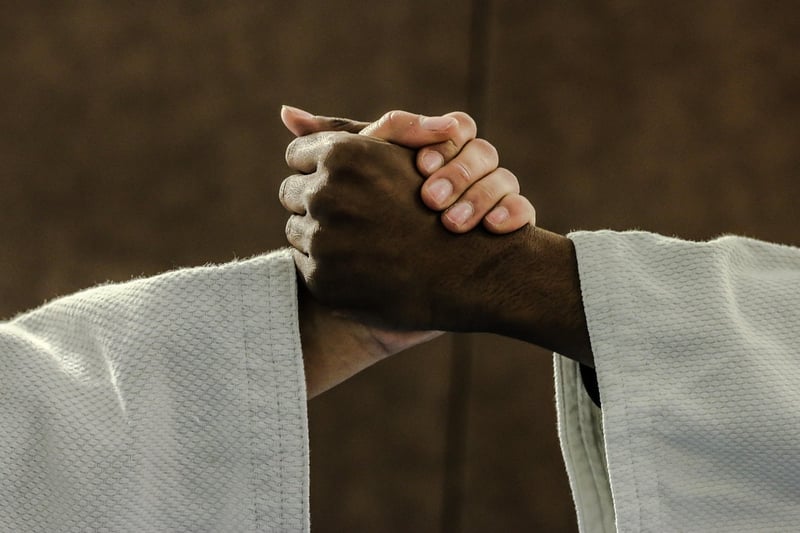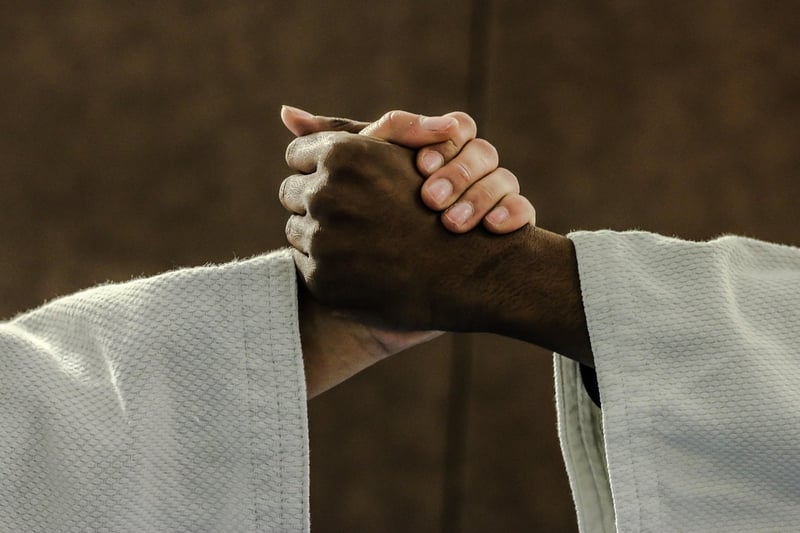Judo
The Art of Self-Defense: Exploring Judo

Introduction to Self-Defense Disciplines
Self-defense is a crucial skill that empowers individuals to protect themselves in challenging situations. Various disciplines focus on teaching self-defense techniques, with each offering unique approaches and benefits. One such discipline that stands out is Judo.
Exploring Judo
Judo, translated as "the gentle way," is a dynamic martial art that originated in Japan. Founded by Jigoro Kano in the late 19th century, Judo emphasizes using an opponent's strength and momentum against them, making it a highly effective form of self-defense for individuals of all ages and sizes.
Key Principles of Judo
- Maximum Efficiency: Judo techniques aim to achieve maximum results with minimum effort.
- Mutual Welfare and Benefit: Practitioners of Judo strive for mutual benefit and respect for others.
- Seiryoku Zenyo: This principle focuses on using the energy of the opponent to gain control.
- Jita Kyoei: Judo promotes mutual prosperity and welfare for all individuals.
Benefits of Practicing Judo
- Improves physical fitness and agility.
- Enhances mental focus and discipline.
- Boosts self-confidence and self-esteem.
- Teaches valuable self-defense skills applicable in real-life situations.
Getting Started with Judo
If you are interested in learning Judo, consider enrolling in a local dojo or martial arts center that offers Judo classes. Beginners can start with basic techniques and gradually progress to more advanced moves under the guidance of experienced instructors.
Remember, consistency and dedication are key to mastering Judo and reaping its numerous benefits. Whether you aim to improve your physical fitness, learn self-defense, or cultivate mental discipline, Judo offers a holistic approach to personal growth and empowerment.
Start your Judo journey today and discover the art of self-defense!
Image Source: Pixabay
